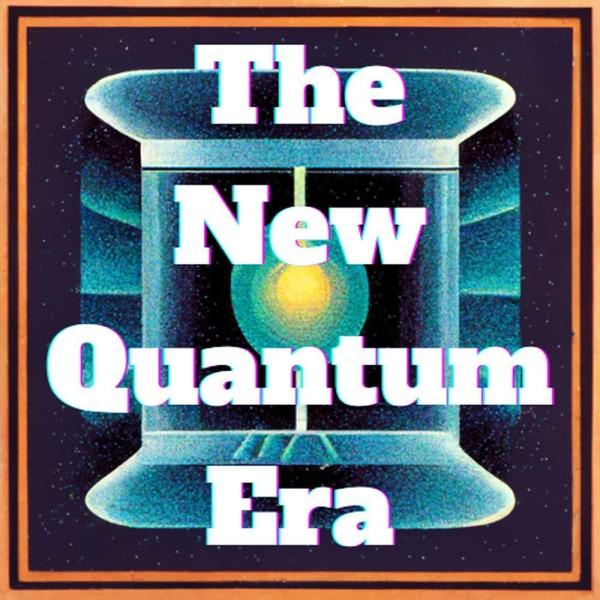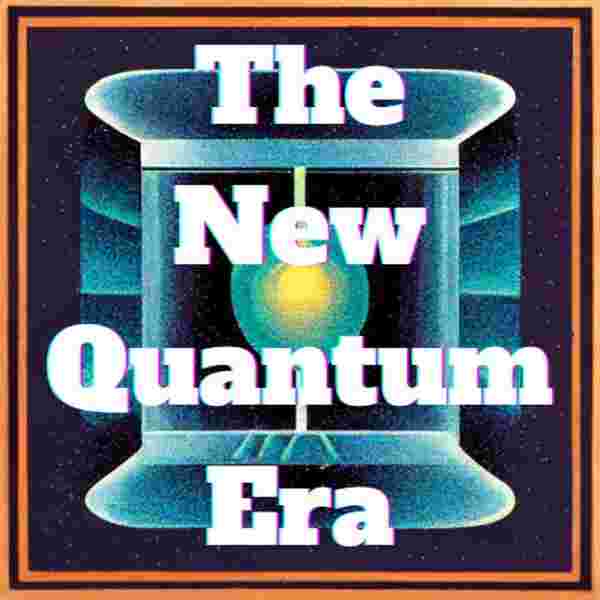Dr. Eli Levenson-Falk joins Sebastian Hassinger, host of The New Quantum Era to discuss his group’s recent advances in quantum measurement and control, focusing on a new protocol that enables measurements more sensitive than the Ramsey limit. Published in Nature Communications in April 2025, this work demonstrates a coherence stabilized technique that not only enhances sensitivity for quantum sensing but also promises improvements in calibration speed and robustness for superconducting quantum devices and other platforms. The conversation travels from Eli’s origins in physics, through the conceptual challenges of decoherence, to experimental storytelling, and highlights the collaborative foundation underpinning this breakthrough.
Guest Bio
Eli Levenson-Falk is an Associate Professor at USC. He earned his PhD at UC Berkeley with Professor Irfan Siddiqui, and now leads an experimental physics research group working with superconducting devices for quantum information science.
Key Topics
- The new protocol described in the paper: “Beating the Ramsey Limit on Sensing with Deterministic Qubit Control."
- Beyond the Ramsey measurement: How the team’s technique stabilizes part of the quantum state for enhanced sensitivity—especially for energy level splittings—using continuous, slowly varying microwave control, applicable beyond just superconducting platforms.
- From playground swings to qubits: Eli explains how the physics of a playground swing inspired his passion for the field and lead to his understanding of the transmon qubit, and why analogies matter for intuition.
- Quantum decoherence and stabilization: How the method controls the “vector” of a quantum state on the Bloch sphere, dumping decoherence into directions that can be tracked or stabilized, markedly increasing measurement fidelity.
- Calibration and practical speedup: The protocol achieves greater measurement accuracy in less time or greater accuracy for a given time investment. This has implications for both calibration routines in quantum computers and for direct quantum measurements of fields (e.g., magnetic) or material properties.
- Applicability: While demonstrated on superconducting transmons, the protocol’s generality means it may bring improved sensitivity to a variety of platforms—though the greatest benefits will be seen where relaxation processes dominate decoherence over dephasing.
- Collaboration and credit: The protocol was the product of a collaborative effort with theorist Daniel Lidar and his group, also at USC. In Eli's group, Malida Hecht conducted the experiment.
Why It Matters
By breaking through the Ramsey sensitivity limit, this work provides a new tool for both quantum device calibration and quantum sensing. It allows for more accurate and faster frequency calibration within quantum processors, as well as finer detection of small environmental changes—a dual-use development crucial for both scalable quantum computing and sensitive quantum detection technologies.
Episode Highlights
- Explanation of the “Ramsey limit” in quantum measurement and why surpassing it is significant.
- Visualization of quantum states using the Bloch sphere, and the importance of stabilizing the equatorial (phase) components for sensitivity.
- Experimental journey from “plumber” lab work to analytic insights, showing the back-and-forth of theory confronting experiment.
- Immediate and future impacts, from more efficient calibration in quantum computers to potentially new standards for quantum sensing.
- Discussion of related and ongoing work, such as improvements to deterministic benchmarking for gate calibration, and the broader applicability to various quantum platforms.
If you enjoy The New Quantum Era, subscribe and tell your quantum-curious friends! Find all episodes at www.newquantum.era.com.

